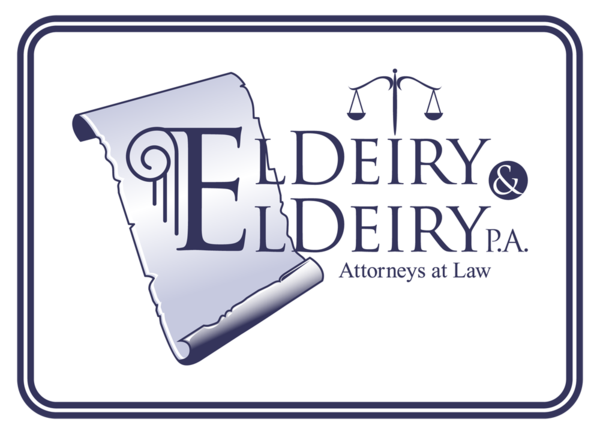 When you talk about estate planning, wills and trusts get brought up. Others might insist you get a will written because of certain reasons. And there are many reasons why you should get a will.
When you talk about estate planning, wills and trusts get brought up. Others might insist you get a will written because of certain reasons. And there are many reasons why you should get a will.
A will allows you to decide who will get your property (and who will not). You can also determine the amount of money your surviving spouse will receive. With an attorney’s help, you could save on death taxes by leaving your spouse with the right amount of money. Also, you can choose a personal representative to handle your estate and select a guardian for your children.
But what can a will not do for you? By understanding its limits, you can plan to utilize other methods to carry out your wishes.
Shared Property
There are some things that you cannot pass or distribute in your will. One of those things is jointly titled property. A will only pertains to transferable property. Any real estate, homes, property, or land that you do not solely own is not transferable.
Another common question is whether you can give away your ownership of the property. If you have a house with another person, can you distribute your half of it to other people? No, you cannot. After you pass away, the person who owned the property shall become the full owner.
Life Insurance & Retirement Accounts
The key part of this section is understanding that a beneficiary cannot be voided because of something you write into a will. Neither a retirement account nor a life insurance policy gets discontinued if you pass away. This is why you designate beneficiaries for both.
If you don’t want your assigned beneficiary to receive your life insurance benefits or retirement account funds, then you will need to remove them. But you cannot change a beneficiary through a will.
Probate
Maybe someone has told you that you should do everything you can to avoid probate. Probate means that the court will administer your will.
Your will is required to go to probate. This is unavoidable. People may want to avoid this because you are bringing in a third-party, and many things in your will are personal. Your debts will be discussed as well as your assets. Probate can be expensive, and it can be a long process.
If avoiding probate is something you value, talk to your attorney about creating a trust rather than a will.
ElDiery & ElDeiry, P.A.
ElDiery & ElDiery, P.A. is a family-run law firm, and we have been helping families like yours with estate planning and probate for more than 20 years. If you are looking to get your affairs in order, we are capable of offering professional and personalized legal advice regardless of where you are in the process. Contact us today to schedule a consultation.
Eldeirylaw
Latest posts by Eldeirylaw (see all)
- Ways In Which A Will & A Revocable Trust Work Together - May 15, 2023






